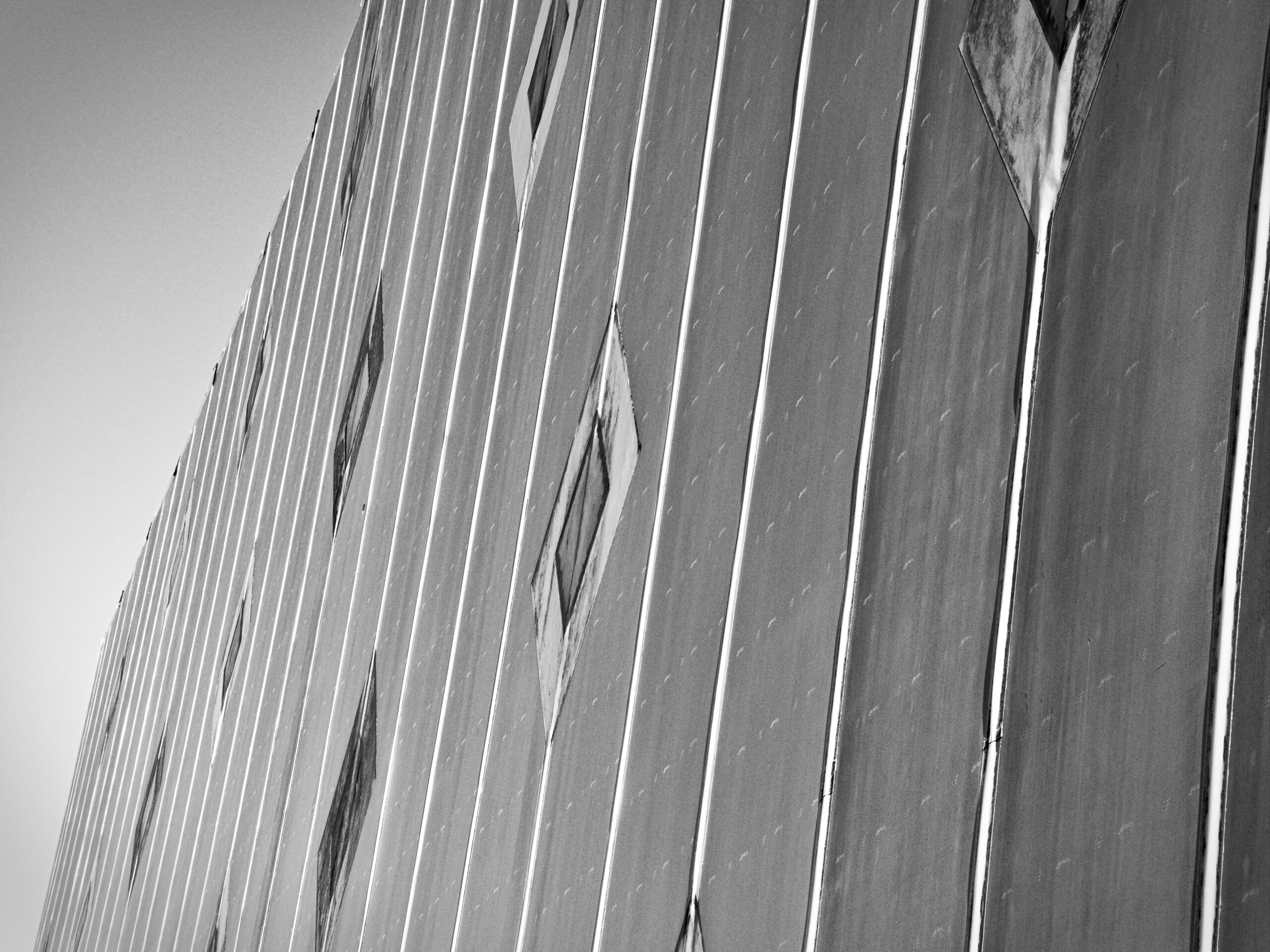Industrial Fat Catcher Sanitization: Professional Services
Have you ever pondered the influence of grease and leftover food on your dining establishment’s plumbing system? This is a problem many ignore, yet the consequences can be serious. Making sure of routine business oil separator maintenance is crucial for a efficient kitchen and to avoid costly plumbing problems. Our services provide customized grease interceptor pumping customized for your particular requirements.
At the center of these services is routine maintenance of dining establishment grease traps. This is vital for ensuring conformity and productivity in your kitchen. With state-of-the-art equipment and experienced technicians on call round-the-clock, we endeavor to assist you in keeping your establishment functioning smoothly. Let’s explore the significance of adequate grease trap handling and the best practices for a sanitary, regulation-abiding kitchen.
Grasping Grease Traps and Their Value
Grease traps are crucial for the efficient and hygienic running of food service establishments. Also referred to also as grease interceptors, they manage the wastewater from dining venues effectively. Their operation and importance are vital to the endurance of food service businesses.
What is a Grease Trap?
A grease trap is a plumbing device designed to catch fats, oils, and grease (FOG) before they get into the sewage system. Its primary role is to prevent these substances from blocking pipes, which can result in costly plumbing complications. Set up in the kitchen’s wastewater line, these septic pumping near me use a barrier method to capture solid waste and grease.
As wastewater passes through, lighter materials like grease ascend to the top, while denser solids sink at the bottom. This ensures smooth segregation, keeping the system functioning efficiently.
How Grease Traps Work in Commercial Kitchens
The grease trap’s mechanism is dependent on separation and holding. In high-traffic kitchens, during peak hours, upkeeping these traps is essential. Regular pumping is needed to handle the accumulation of grease and solids.
This pumping action gets rid of the accumulated waste, averting blockages and maintaining sanitary conditions. Proper grease trap waste handling processes keep the kitchen protected and conforming with safety rules. Kitchens that service their grease traps effectively boost operational efficiency and uphold societal safety regulations.
| Fat Catcher Operation | Value in Industrial Kitchens |
|---|---|
| Segregates FOG from wastewater | Averts plumbing clogs and costly repairs |
| Facilitates routine extraction | Guarantees compliance with health regulations |
| Ensures kitchen space hygienic | Aids in food safety and sanitation |
Business Fat Catcher Sanitization: Best Practices
For any commercial kitchen, upkeeping grease traps is crucial. A regular schedule is key to stopping blockages or overflows. Routine care not only keeps the kitchen effective but also defends against safety infractions.
Consistent Care Programs
Creating a maintenance schedule is vital for optimal grease trap operation. Typically, these traps should be maintained every one to three months, depending on the kitchen’s operation level and grease generation. A minimized routine decreases the possibility of grease gathering and connected complications.
Signs Your Grease Trap Needs Immediate Attention
Identifying signs of grease trap overflow can assist avoid bigger problems and pricey adjustments. Usual clues include:
- Regular blockages in sinks and drains
- Foul smells emanating from the trap
- Delayed water discharge of water
It’s crucial to handle these signs quickly. Neglecting them can result in serious legal and financial implications from health inspectors. For efficient grease removal in business culinary operations, hiring professional solutions guarantees conformity and uninterrupted function.
Opting for the Ideal Solution for Dining Establishment Oil Separator Extraction
Selecting the best grease trap pumping solution is key to maintaining commercial kitchens running smoothly. It’s important to understand the elements at play to make knowledgeable choices. This can greatly improve your operation’s hygiene benchmarks.
Factors to Consider When Hiring Grease Trap Services
Multiple significant elements should affect your decision when employing grease trap solutions:
-
Experience: Opt for solution experts with a proven track record. Their skill in grease handling can be essential.
-
Licensing: Ensure the service company has the correct certifications and adheres to local waste disposal laws.
-
Client Feedback: Examine feedback from past clients to assess reliability and work standards.
-
Tools and Methods: Make sure the service company uses current practices for waste removal. Old methods may not be efficient.
-
Response Time: Rapid prompt availability is vital to prevent pricey disruptions.
Benefits of Opting for Professional Grease Removal Services
Specialized fat catcher maintenance offer substantial gains:
-
Efficient Oil Handling: Specialists guarantee waste is handled correctly, minimizing pollution threats.
-
Time Savings: Delegating grease service releases kitchen staff to dedicate to food cooking.
-
Lawful Operation: Experts remain informed about law modifications, assisting your operation remain adherent.
-
Sanitation and Security: Efficient service minimizes health hazards and costly drain blockages.
-
Long-Term Cost Savings: Regular pumping services can avert pricey adjustments or exchanges later on.
Green Implications of Adequate Fat Handling
Adequate fat handling is essential for ecological conservation. Effective grease trap maintenance reduces pollutants in local water bodies. This not only defends water creatures but also boosts the ecosystem’s hygiene. Companies must understand their part in waste control to conform to grease trap waste rules, thus minimizing the environmental impact of grease management.
Ways Correct Waste Management Benefits Ecology
Correct grease waste disposal delivers numerous environmental benefits:
- It stops grease from contaminating water by keeping it out of drainage systems.
- It helps the operation of water purification plants.
- It aids in the health of local wildlife and ecosystems.
Regulations for Grease Trap Waste Disposal
Adhering to grease trap waste laws is vital for dining businesses. These rules ensure proper management of grease interceptor waste. Key guidelines include:
| Regulation | Explanation |
|---|---|
| Aquatic Conservation Regulation | A government rule that regulates release of contaminants into the waters of the United States. |
| Regional Sanitation Rules | Specific rules created by local governments regarding the disposal and treatment of grease waste. |
| Record Keeping | Licensed companies must keep thorough documentation of waste disposal processes to ensure transparency. |
By complying with these guidelines, companies assure adequate fat disposal and minimize their environmental influence. Understanding the value of proper grease waste disposal advances a green future for our ecosystems.
Fat Catcher Removal and Its Role in Food Service
In the fast-paced world of dining establishments, grease interceptor pumping services are vital for maintaining efficiency and cleanliness. These interceptors are essential in preventing grease and oil from get into the sewage system, which can result in blockages and cause significant penalties. Consistent extraction guarantees these systems don’t spill, defending the kitchen from likely safety issues and maintaining food safety.
Keeping culinary operations grease interceptors in prime state is essential to meeting health standards and ensuring a sanitary environment. A properly serviced interceptor reduces the risk of unpleasant smells and maintains the kitchen sanitary for staff and customers. By choosing professional grease interceptor pumping, dining establishments can dedicate themselves to providing quality dishes without worrying about waste management.
Additionally, routine removal of grease interceptors is more than just regular maintenance; it’s an investment in the continued thriving of food service operations. Businesses that follow a consistent pumping schedule avoid the need for emergency cleanups and encourage environmental initiatives by assuring proper waste management. Emphasizing the significance of this maintenance is essential for building a safe and lawful food service environment.


